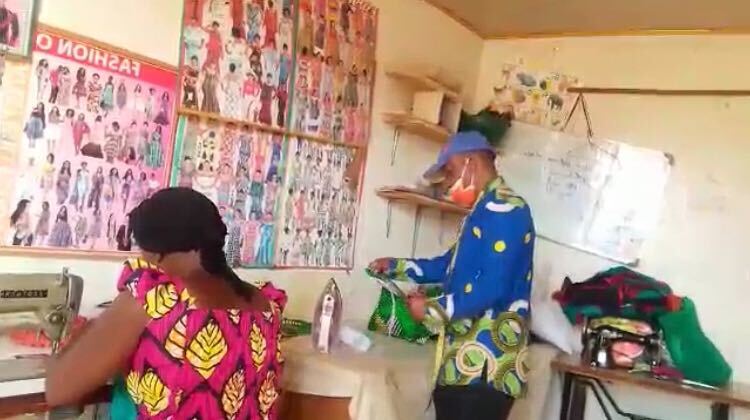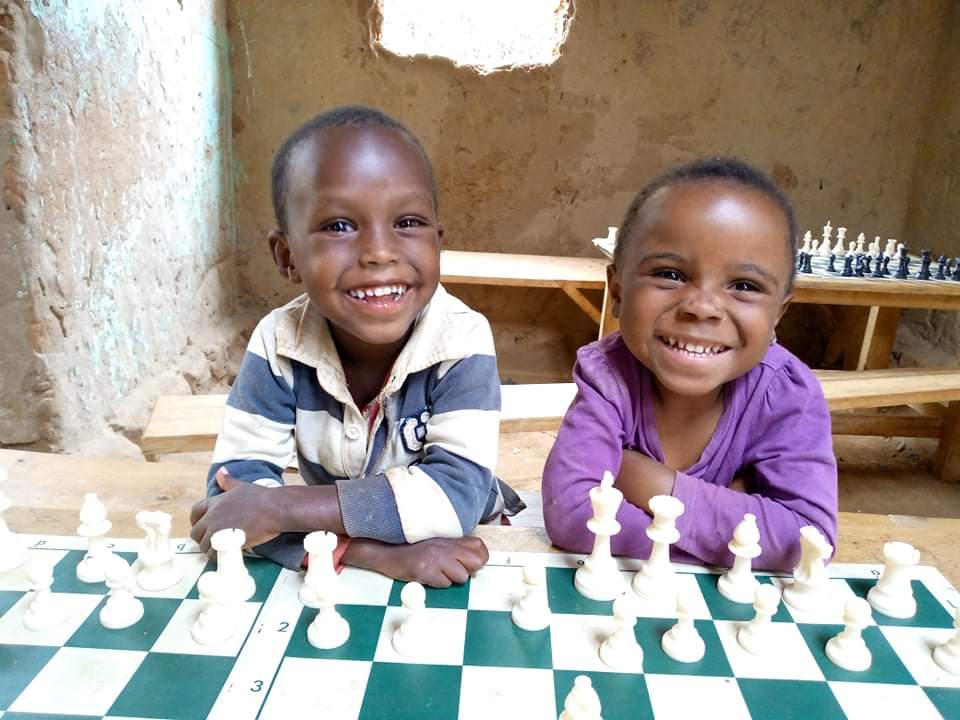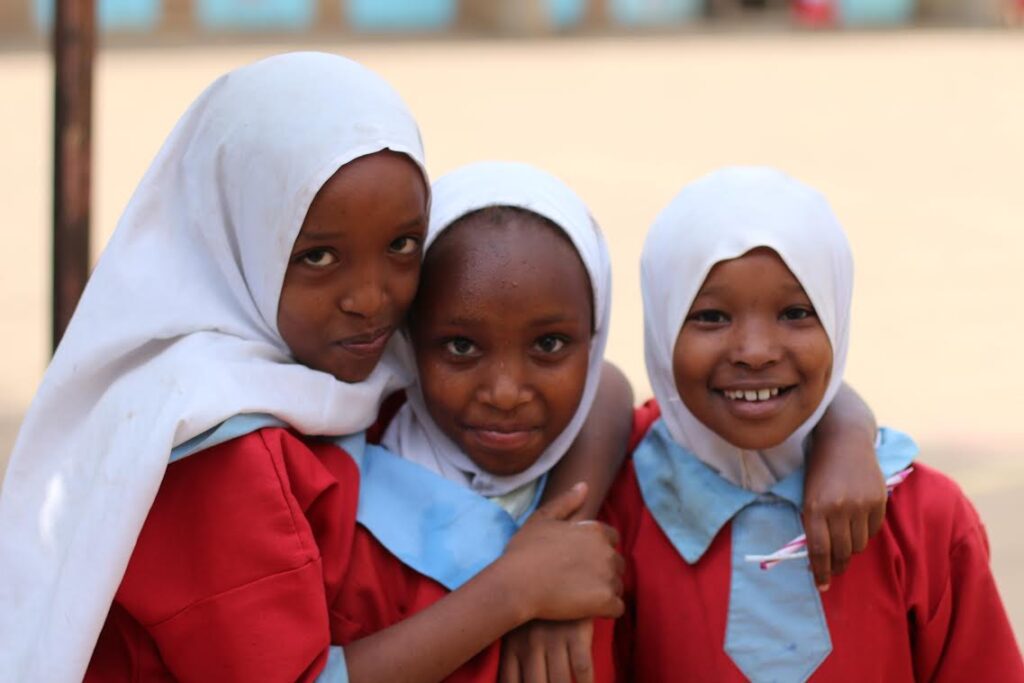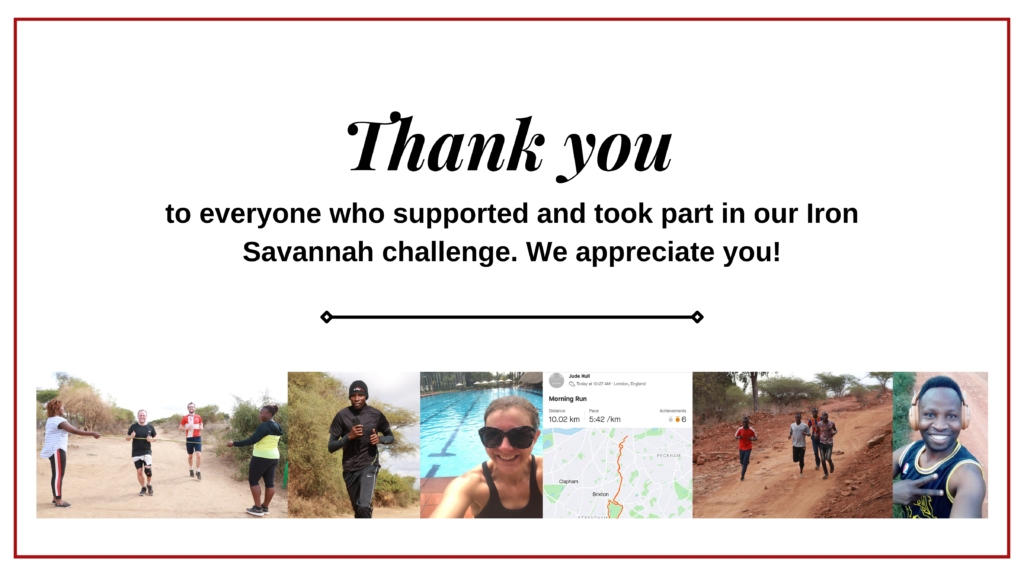Humanitarian aid is short term assistance given to victims during a disaster or crisis to save lives and uphold human dignity. Currently, what I have observed is when a crisis happens we all expect help to come from outsiders. International Non-Governmental Organisations (INGOs), the United Nation bodies, or the Red Cross will come up with ways to respond to the crises. These organisations and institutions have the structures, resources and the experience to offer great support to victims in crises. However, they are not without their limitations. Their top-down and heavy bureaucratic structures of these organisations often causes significant delays to assistance. Their projects are often also based on rigid ‘best-practice’ models which are hard to adpart the ever-changing local context. Meanwhile, it is increasingly clear that affected communities are capable of mobilising their own responses to crises. As such, I believe there is a need to transform the approach to humanitarian aid towards localisation. This means directly supporting locally designed initiatives and giving greater power over decision-making to the local communities themselves to come up with solutions to their problems. As an African proverb says “the wearer of the shoes knows where it pinches.”
“I believe that they responded so quickly because they knew and immediately understood the impact of the government directives on their community members.”
In the beginning of the COVID-19 crisis around mid-March Xavier Project’s leadership team sat down to discuss the crisis and its implication on this year’s targets. The government directives issued in Kenya and Uganda made us rethink our plans. This took a number of consultative meetings, but we changed and realigned our budgets and targets. In the meantime, our partner community-based organisation (CBO), Tenda Wema in Kitengela, had already started addressing the needs for their fellow community members with food distributions and creating awareness on COVID-19. This got me thinking – why did they respond faster than we did? Is it because they did not have set targets like us, or is it because they knew the community needs better than us? Perhaps it is because we have different mandates to them? Mostly I believe that they responded so quickly because they knew and immediately understood the impact of the government directives on their community members. It is a clear indicator that they are more adaptive and therefore more efficient and overall effective at addressing the community’s needs. Now more than ever I see that CBOs should be applauded for their quick responses and must be encouraged to continue their vital work in the humanitarian sector.
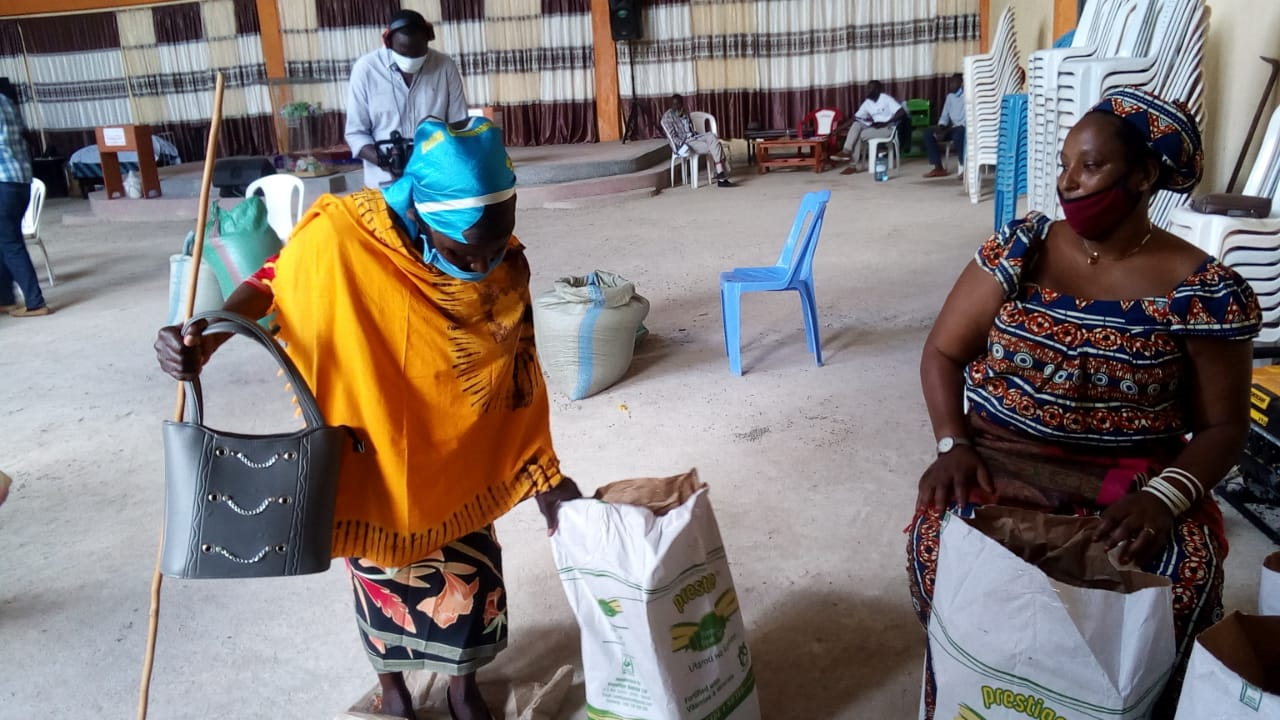
Tenda Wema have provided essential supplies to hundreds of vulnerable families in their community since the very beginning of the outbreak of Covid-19 in Kenya.
Community led organisations or grassroots organisations have existed for decades. They have been instrumental in the humanitarian responses, despite the many challenges that they face. CBOs face challenges such as lack of proper accountability and controls, professionally developed strategic plans on how to support their community and various related financial and technical barriers. Such challenges usually limit CBOs from receiving funds directly from donors. Donors often do not trust that their funds will be properly utilized, leading the donors to instead use INGOs to address the community problems.
In my eight years experience of working within the humanitarian and development sector, it is clear that the INGOs and UN bodies have the financial resources and the experience. However, they also have challenges. I feel the professionalism of INGOs in their planning, reporting and accountability has gained them the trust from the donors and other actors. However, it is becoming increasingly clear that INGOs are often inefficient and ineffective due to being too rigid and outdated in their approaches, and implement programmes at huge administrative costs. A lot of cost basis analysis has shown that donors are losing money to administrative costs that could be avoided.
“I see the future of the humanitarian sector being more focused on localisation, where community leaders and CBOs are empowered to directly address the issues in their community.”
From my position then, there are resource in-efficient INGOs who lack local knowledge, and on the other hand community-based organisations who have a deep understanding of community needs but often lack the adequate administrative skills to meet the requirements from funders. Community challenges are very dynamic and they change rapidly. Working with CBOs is crucial otherwise we will always be too late to address the issue. Therefore, we need to reconcile the challenges of both INGOs and CBOs. This is why I see the future of the humanitarian sector being more focused on localisation, where community leaders and CBOs are empowered to directly address the issues in their community. If more INGOs and humanitarian actors positively engage with CBOs, then INGOs can become more adaptable and effective whilst CBOs can address their resource and professional needs.
While we understand the need for localisation, how we do so is still a learning process. At Xavier Project we have been promoting localisation through our Capacity Strengthening and Sharing Course. This is not about capacity building but strengthening because we feel they already have the capacity to run the organisation but may need extra support in planning and other factors. Xavier Project facilitates the community organisation’s management committee and other community leaders on topics such as developing a vision and understanding their community resources. It is progressive and agile in that the Xavier Project staff and community leaders work through the course together over roughly three to six months. Xavier Project staff facilitate the sessions, giving guidance and directing discussion. The proposed visions and strategic plans to tackle community problems come from the community members themselves. This ensures that they have a buy-in and actually own the ideas. We also tackle more technical issues such as setting up registration, internal controls, understanding financial statements, and proving impact. If you know me personally, then you will understand that financial controls are very close to my heart. I am an accountant and my colleagues believe that I sleep, eat, breath controls.
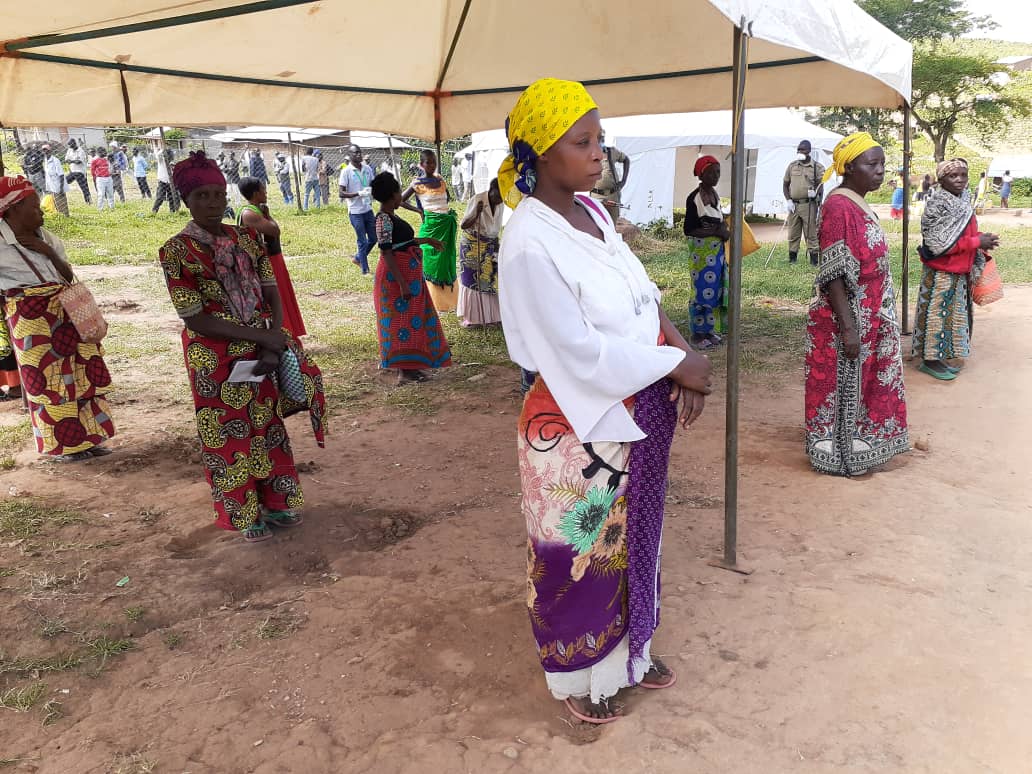
Our CBO partners have been working to educate their communities on social distancing and hand washing.
By strengthening the capacity of CBO’s that we work with we are starting to shift the power towards them. We are also ensuring that they can be accountable to the donors who we hope will eventually see that they can deliver on their set objectives. I feel strongly that this is the way to go. Where does that leave the INGO’s? Transferring of knowledge and experience will take a long time, and realistically some hand-holding is needed. Community-based organizations are best suited to impact their own community, and INGOs are well placed to help spread the lessons learned from one area to the next. Therefore, the strengths of both types of organisations should be utilised to see a more effective and sustainable humanitarian response.
“One finger does not break the lice.”
In my interactions with Community leaders, both refugees and the host community, I have observed that they only want the best for their communities, and so too do INGOs and other humanitarian actors. Both sides are change-makers in their own right who want to serve humanity. We therefore need to see more cooperation between diverse actors to reduce wastage and deliver timely responses to the communities. I believe localisation offers a means to do this. There is a swahili proverb which says “ Kidole kimoja hakivunji chawa,” which loosely translates as “one finger does not break the lice.”
Donate our Covid-19 appeal now, so we can continue to support our community based partners in their amazing and vital work.

